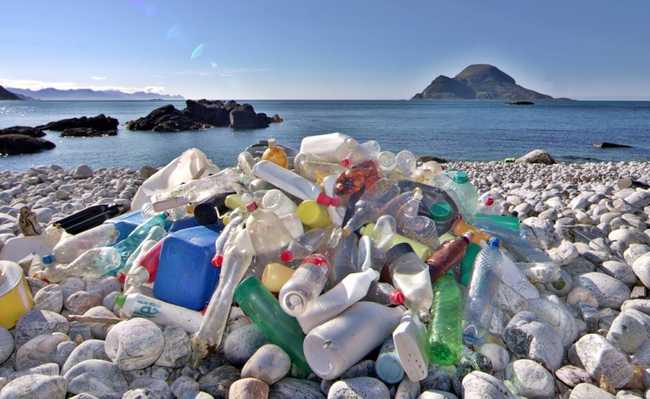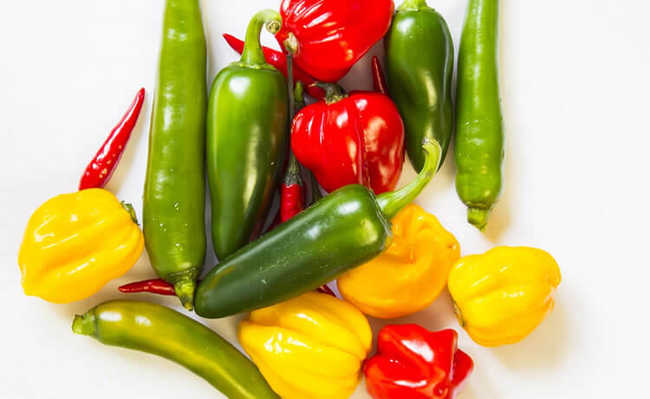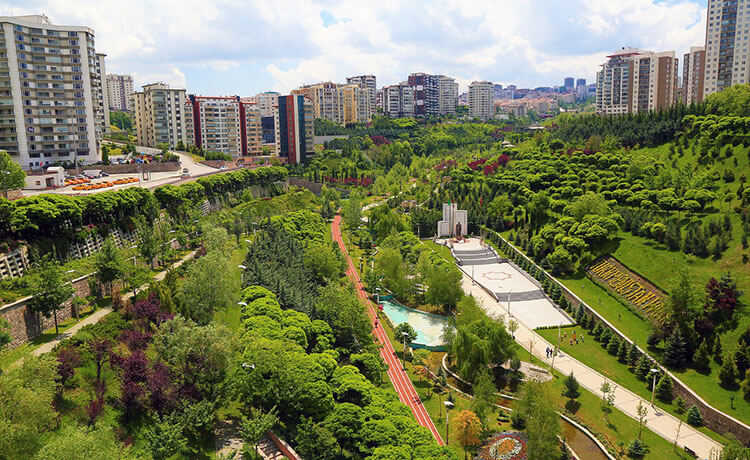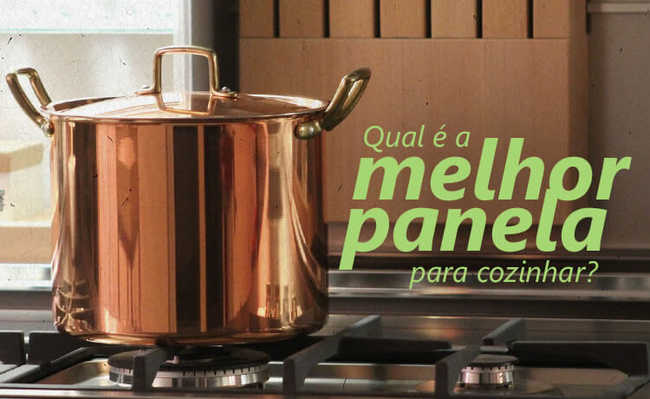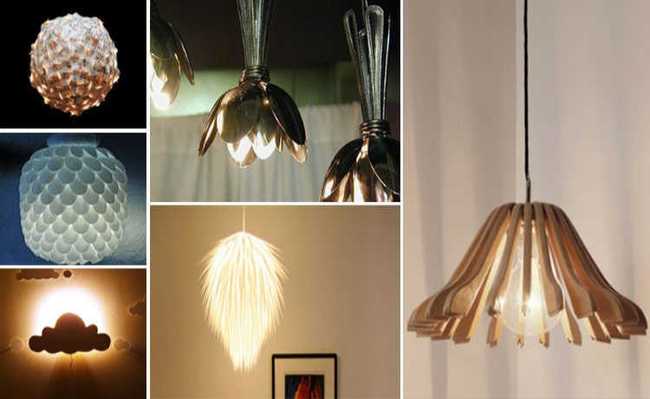Washington could become the first state to compost the dead
New bill wants to transform the custom of burying and cremating the deceased into a more sustainable practice. What do you think?

Edited and resized image by Jakub T. Jankiewicz, is available on Flickr
Washington could become the first state to legalize the practice of composting dead people. The method, called "recomposition", depends on the approval of a bill by state senator Jamie Pedersen, but has already been called "green burial".
- What is compost and how to make it
Currently, the only practices legalized after the death of a human organism are traditional burial and cremation. These processes, however, have a significant ecological footprint: land for burials consume large urban areas and pollute the air and soil with embalming products.
- What is ecological footprint?
Benefits
Proponents of human compost claim that it can be very beneficial to society as a whole as, unlike cremation and burial, it allows for rapid decomposition and conversion of human remains into nutrients for the soil, which becomes capable of support other life forms such as trees, flowers, etc.
The company recompose, responsible for the initiative, says he charges U$ 5,500 to compost each organism.
How it works
Human composting takes place inside reusable supports. When it ends, the family of the deceased can take home a part of the humus generated, which would have the same symbolic function as the ashes of the cremation. The other part will make up the gardens of the "cemetery".
- Humus: what it is and what are its functions for the soil
THE recompose was founded in 2017 by businesswoman Katrina Spade, who previously led the Urban Death Project, which espoused similar goals: making farewell rituals more sustainable and accessible to Americans.
Lynne Carpenter-Boggs, Professor of Sustainable and Organic Agriculture at Washington State University, is the head of research at recompose.
- Organic urban agriculture: understand why it's a good idea
The process uses a cocoon filled with straw and wood chips. Thermophilic (heat-loving) microbes metabolize human waste, maintaining an internal temperature of 55°C. The entire process takes about a month and produces one cubic meter of compost.
But there are some impediments: non-organic materials like artificial hips and breasts are recycled, not composted. Furthermore, some religious sectors are resisting this practice. Is that you? What do you think?


